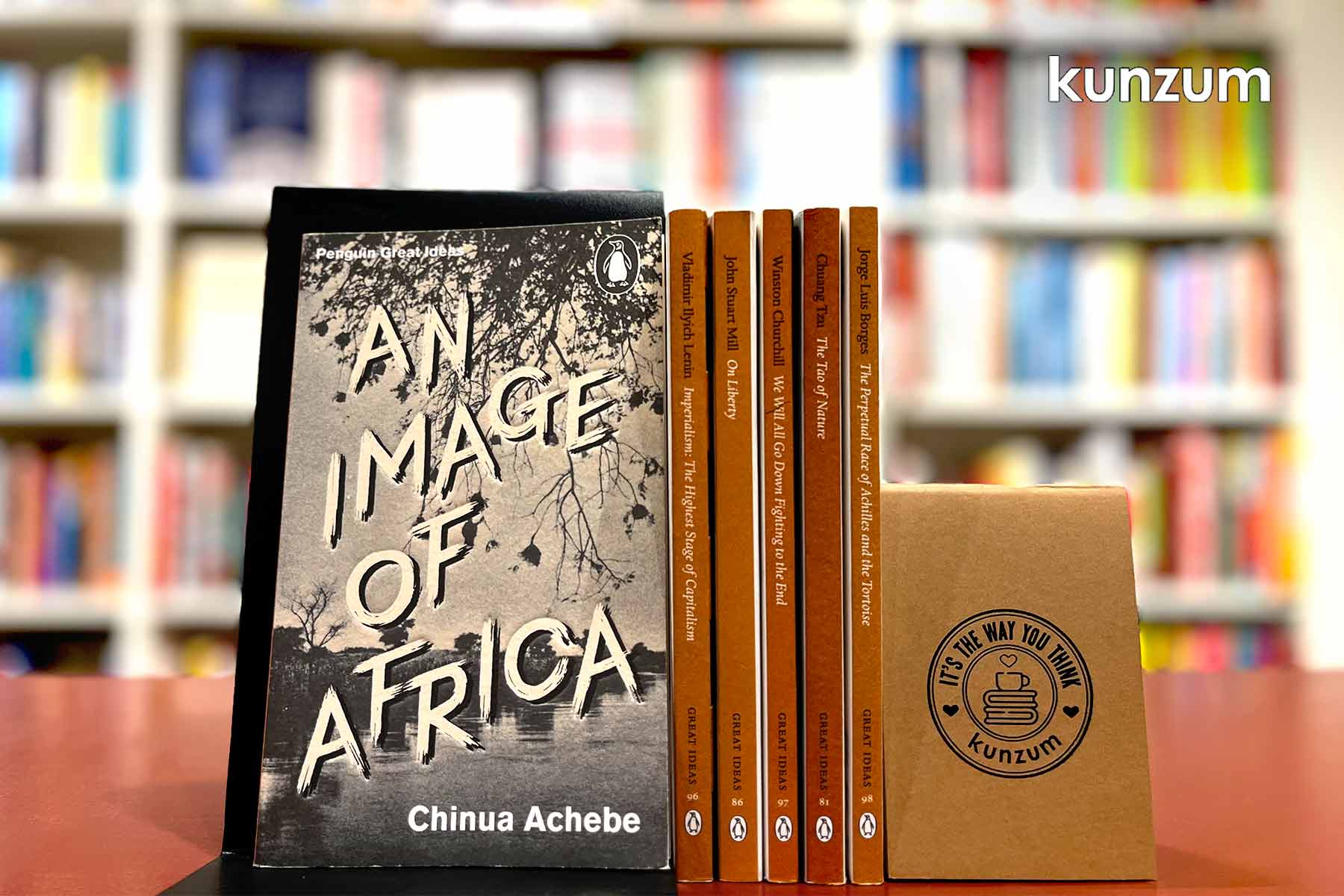
Penguin Great Ideas condenses world-changing works into accessible, pocket-sized volumes. The Orange Spine series, published in 2010, invites readers to a rich intellectual feast, where the philosophy by John Stuart Mill (On Liberty) and groundbreaking social commentary of Chinua Achebe (Image of Africa) rub shoulders with the poignant storytelling of and the fantastical mind games of Jorge Luis Borges (The Perpetual Race). These bite-sized books boast a striking design, letting the ideas shine through with a focus on clean typography.
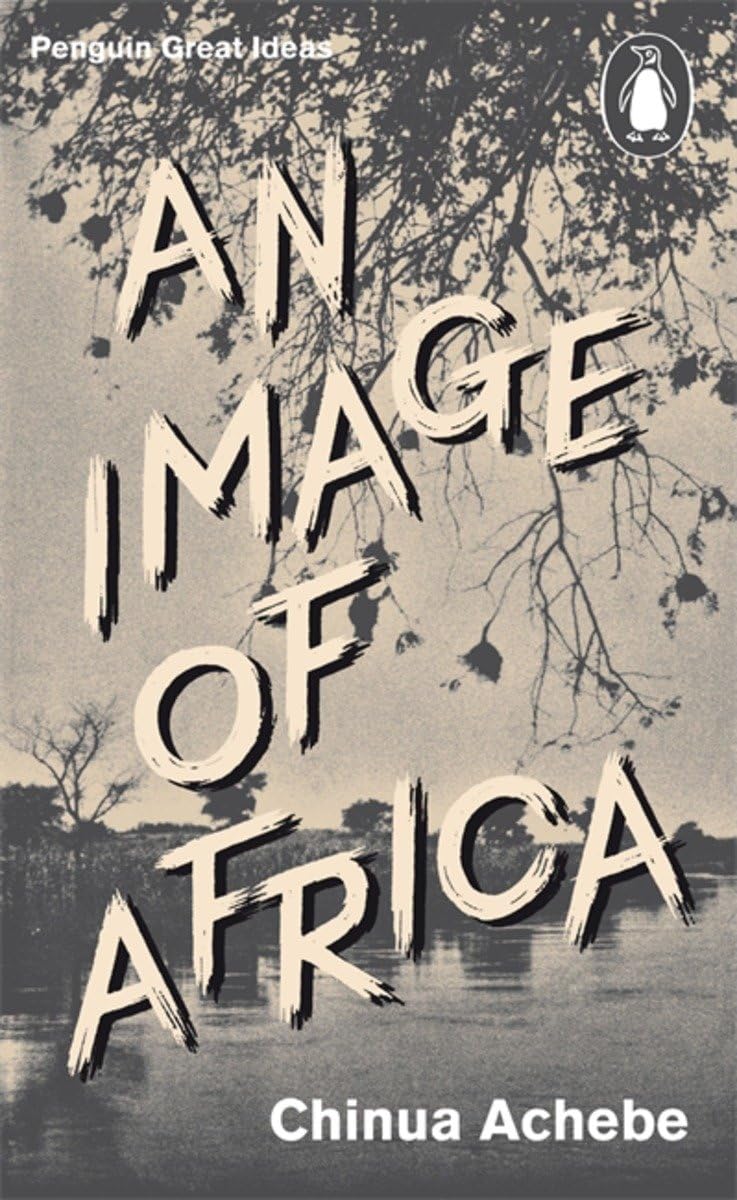
Image of Africa by Chinua Achebe
“An Image of Africa” isn’t a novel by Chinua Achebe, but a critical essay. It dismantles Joseph Conrad’s “Heart of Darkness,” a famous colonial novel. Achebe, a renowned African author, argues Conrad portrays Africa as a savage, uncivilised land, reinforcing racist stereotypes. Achebe’s philosophy centres on dismantling these negative portrayals and presenting Africa’s rich culture and humanity. This essay, a cornerstone of postcolonial criticism, highlights the importance of acknowledging the perspectives of formerly colonised nations and challenging one-sided narratives.
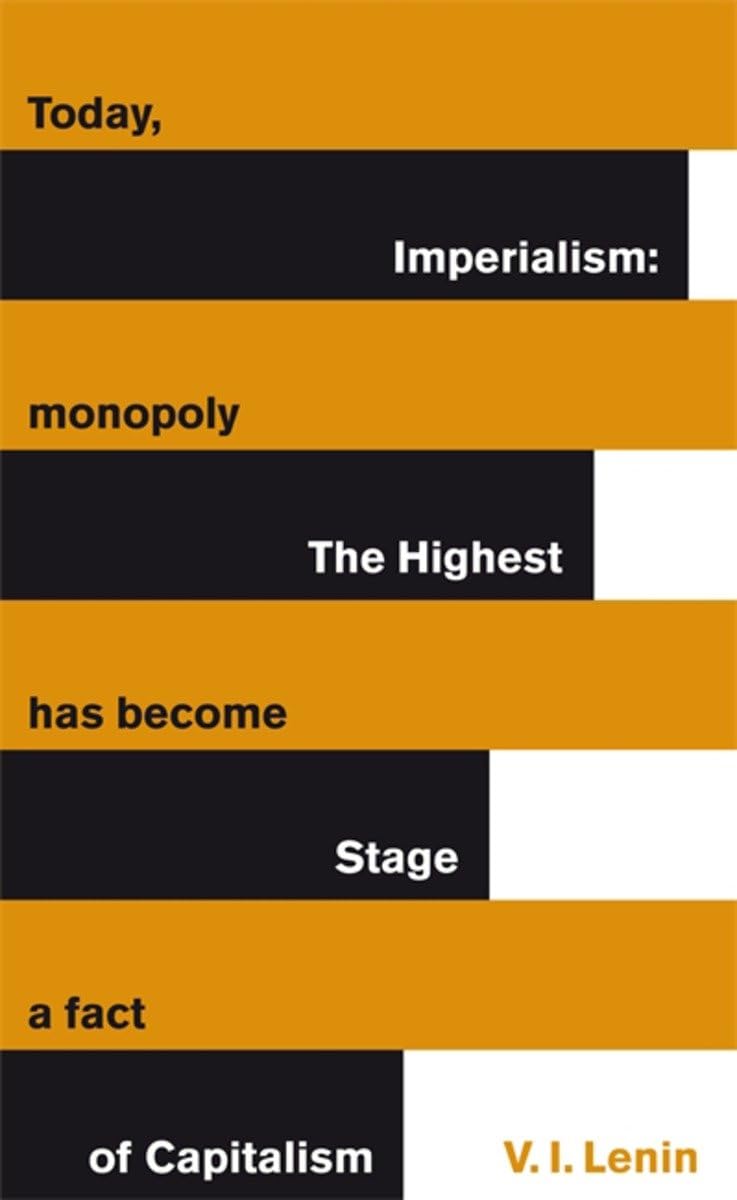
Imperialism: The Highest Stage of Capitalism by Vladimir Ilyich Lenin
Lenin’s “Imperialism: The Highest Stage of Capitalism” argues that capitalism inevitably evolves into imperialism. Fueled by competition and surplus capital, wealthy nations exploit colonies for resources and cheap labour. This “highest stage” of capitalism, Lenin contends, breeds monopolies, intensifies social inequality, and sows the seeds of its own destruction. The book reflects Lenin’s Marxist philosophy, believing capitalism inherently concentrates wealth in the hands of a few, leading to revolution. It remains a key text for understanding colonialism, global capitalism, and the Marxist critique of economic systems.
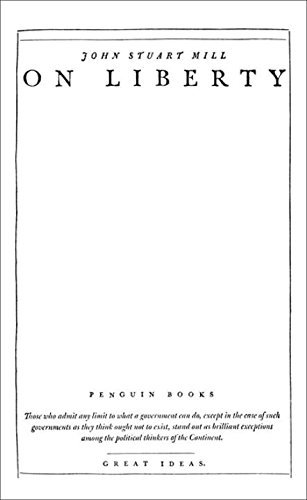
On Liberty by John Stuart Mill
John Stuart Mill, a champion of individual liberty, authoritatively argues against tyranny in all its forms. This Penguin Great Ideas classic defends individual freedoms from both the state and societal pressures. Mill, a proponent of utilitarianism, believed the purpose of society was to maximise happiness. Central to this philosophy is the “harm principle,” which states that individuals should be free from restrictions as long as their actions don’t harm others. Mill emphasises the importance of individuality and open discourse, arguing that it fosters creativity and progress. Though written in 1859, this defence of individual liberty and free speech continues to resonate today.
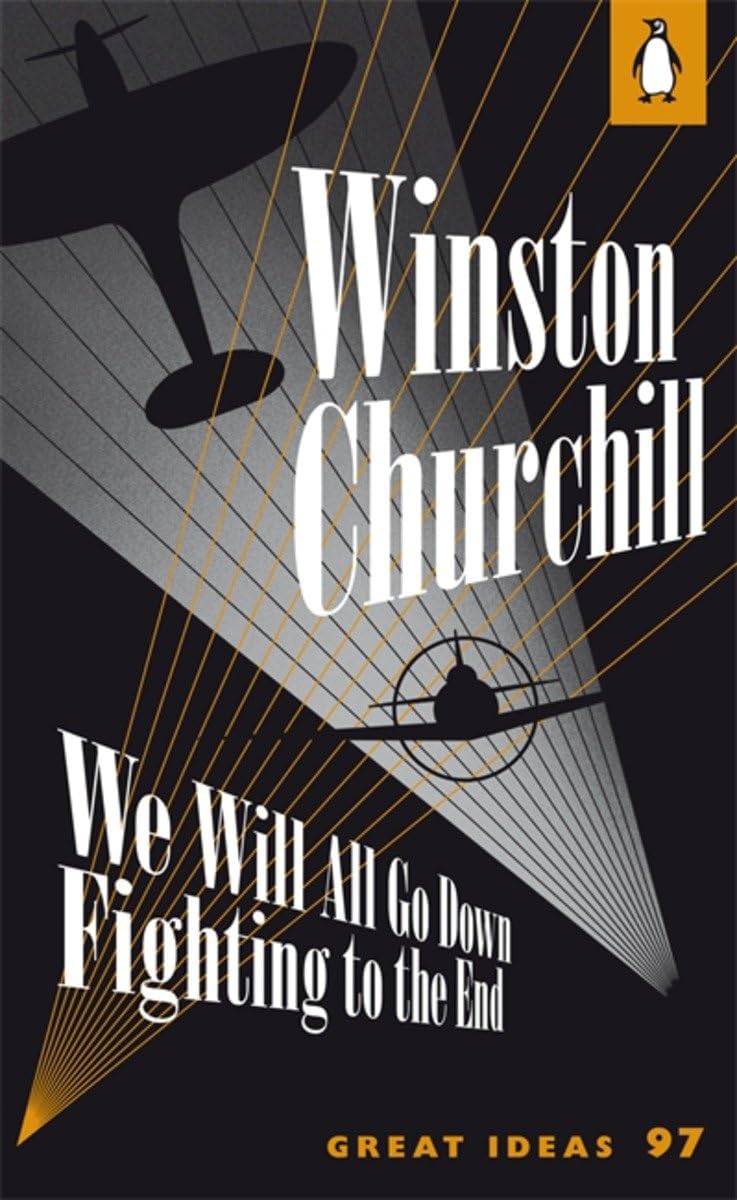
We Will All Go Down Fighting To The End by Winston Churchill
“We Will All Go Down Fighting To The End,” compiles speeches by Winston Churchill. Churchill, a resolute wartime leader, emphasises unwavering resolve in the face of adversity. The collection likely features his iconic speeches delivered during WWII, including the defiance after Dunkirk and the tribute to Battle of Britain heroes. These pronouncements showcase Churchill’s philosophy: facing down existential threats with courage and resilience, even if it means fighting alone.
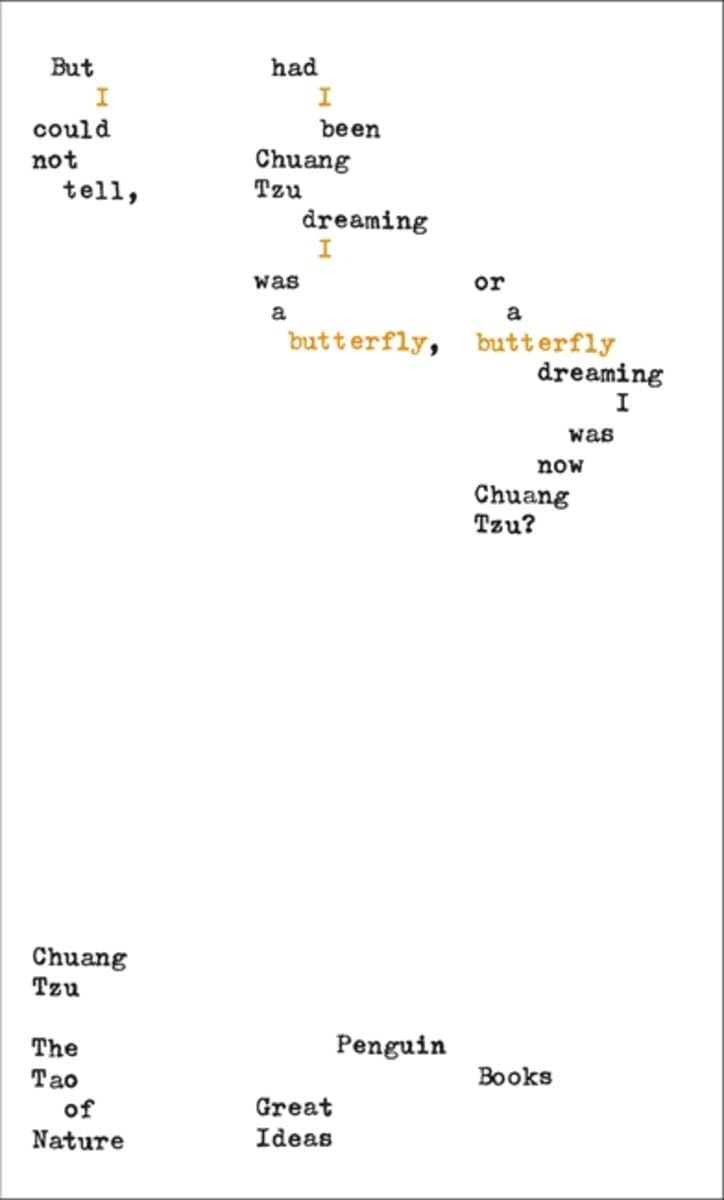
The Tao of Nature by Chuang Tzu
“The Tao of Nature” dives into the witty and insightful writings of Chuang Tzu, a founding figure of Taoism. Through fables and anecdotes, Chuang Tzu explores the nature of existence, questioning societal pressures and the pursuit of knowledge. His core philosophy emphasises living in harmony with the Tao, the universal flow that underlies all things. The book delves into achieving effortless action, finding wisdom in unconventional places, and embracing the ever-changing nature of reality.
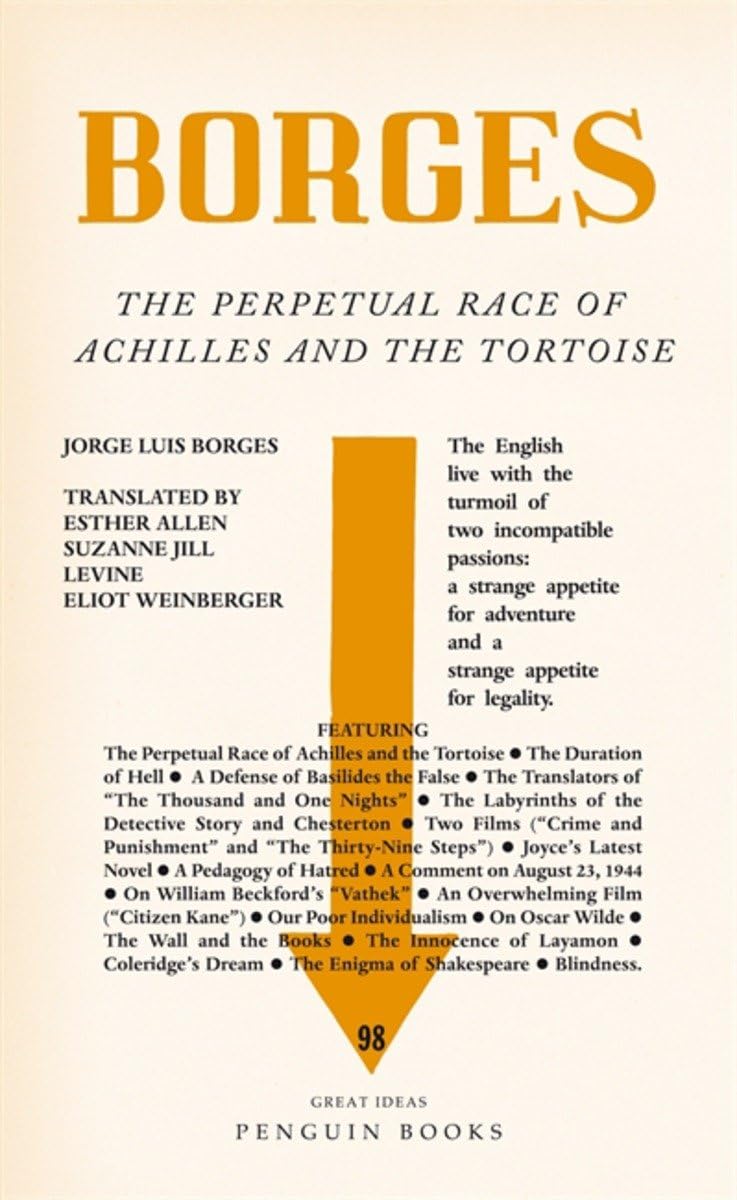
The Perpetual Race of Achilles and the Tortoise by Jorge Louis Borges
In “The Perpetual Race of Achilles and the Tortoise,” Jorge Luis Borges, a master of literary labyrinths, tackles a philosophical thought experiment credited to Zeno of Elea, popularly referred to as Zeno’s Paradox. Achilles, the swift-footed hero, grants the tortoise a head start in a race. Though Achilles can cover more ground in a single stride, the paradox states he’ll never overtake the tortoise. Borges dissects the logic, highlighting the philosophical concept of infinite divisibility. By breaking down the race into an endless series of ever-smaller distances Achilles must cover, Borges explores the nature of infinity and challenges our assumptions about progress. This brief essay reflects Borges’ fascination with the paradoxical and the limitations of reason.
Pick up any one of these 6 Empowering Penguin Great Ideas from any Kunzum store or WhatsApp +91.8800200280 to order. Buy the book(s) and the coffee’s on us.
